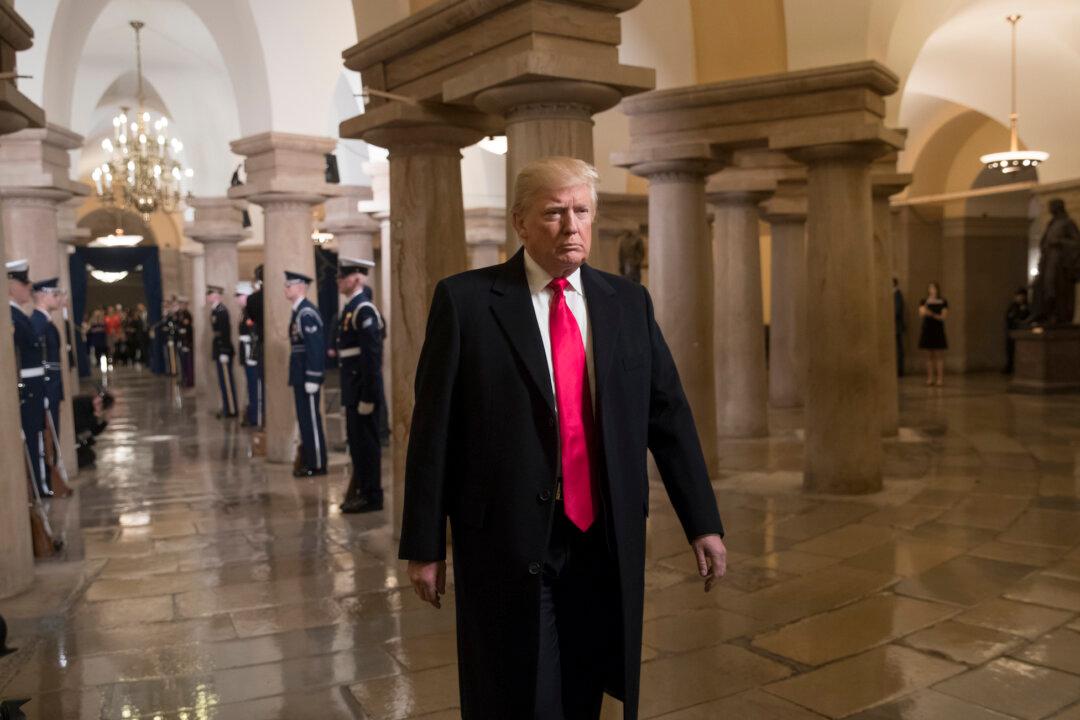Republican leaders in the Senate are signaling they might call no witnesses in a possible impeachment trial, which would be triggered if the House votes to impeach President Donald Trump.
The House, which is controlled by Democrats, needs a simple majority to impeach Trump; a trial on the articles of impeachment would then commence in the Senate. Republicans hold a 53-47 majority in the Senate. Without a two-thirds vote on the articles, Trump would remain in office.





